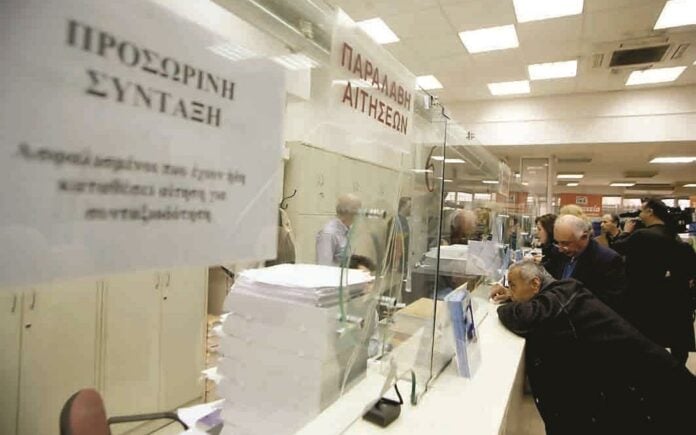By S. Papapetros
The latest social security cuts agreed to between the leftist Greek government and institutional creditors are expected to affect some 900,000 beneficiaries in the country, with a relevant labor ministry official saying decreases will be implemented only in cases of a so-called “personal difference”.
“Personal difference”, in this case, has for months referred to a recalculation of primary and supplementary pension rates based new laws passed in successive memorandums. The latest round of pension cuts will commence as of Jan. 1, 2019, with the forecast being 1.8 billion in annual savings for the state budget. The average pension reduction for affected beneficiaries will be 9 percent, according to the same source.
According to reports widely circulated just after dawn on Tuesday, supplementary pensions were added to the austerity-laden agreement because cuts to only primary pensions could not achieve the 1.8-billion-euro figure.
In a bid to “sweeten” yet another “bitter pill” for Greek taxpayers and pensioners, the leftist government eagerly promised countervailing measures for what it called low-income and “at risk” segments of the populations — essentially greater welfare programs in bailout-dependent Greece.
Such off-setting measures will, ostensibly, be activated only after fiscal targets are met after 2019, especially primary budget surplus targets as a percentage of annual GDP.
One such countervailing measure is to subsidize rents, to the tune of 1,000 euros annually, for what the government calculates are 600,000 families; another calls for more school lunches for half the student population – again based on income criteria.
Other countervailing measures are promises of more child care centers, lower medicine prices, and a 260-million-euro subsidy to create jobs.
According to reports, obligatory collective bargaining talks will resume on Jan. 1, 2018, along with the principle of the more favorable expansion of sector contracts. No charges in the regime governing mass layoffs and a standing prohibition against “lockouts” by employers were reported.














